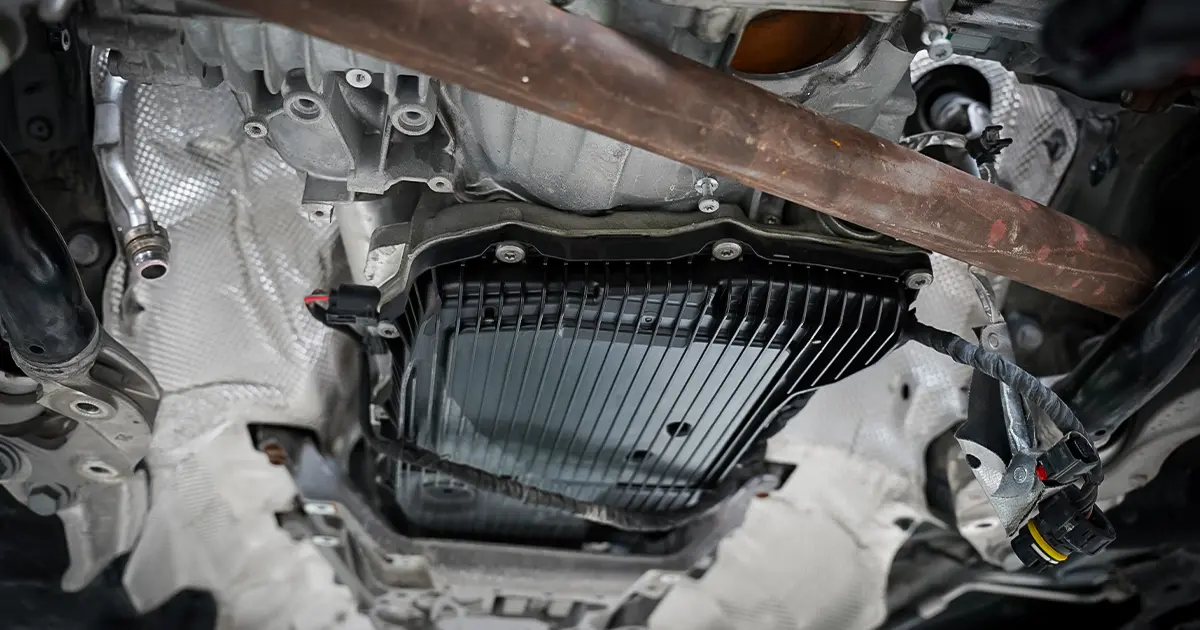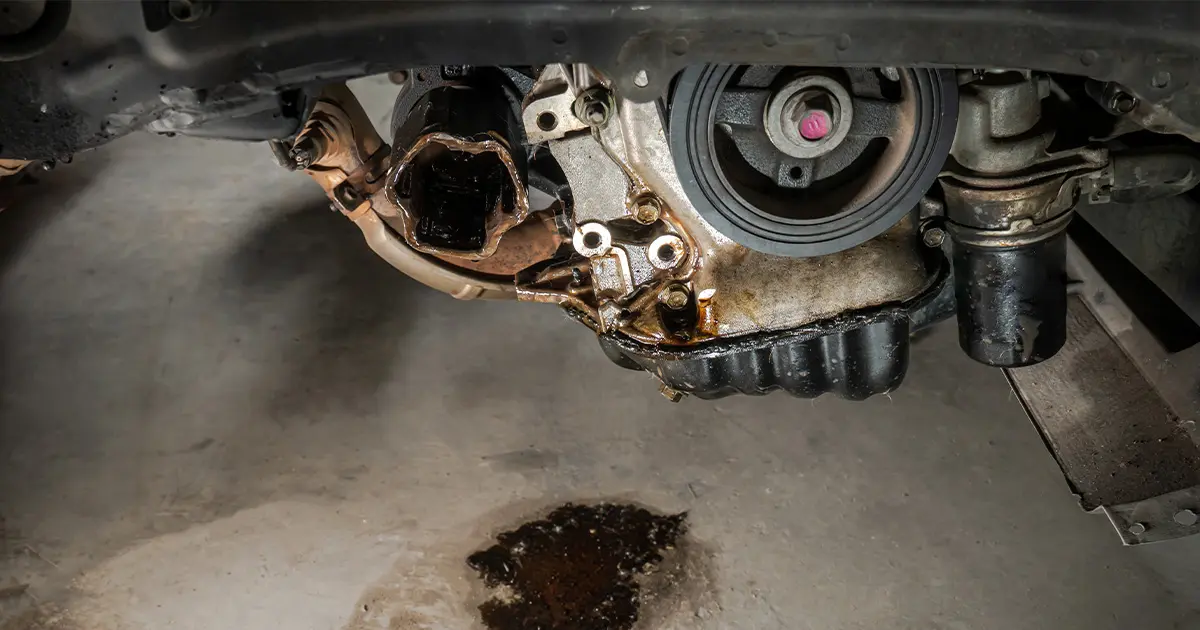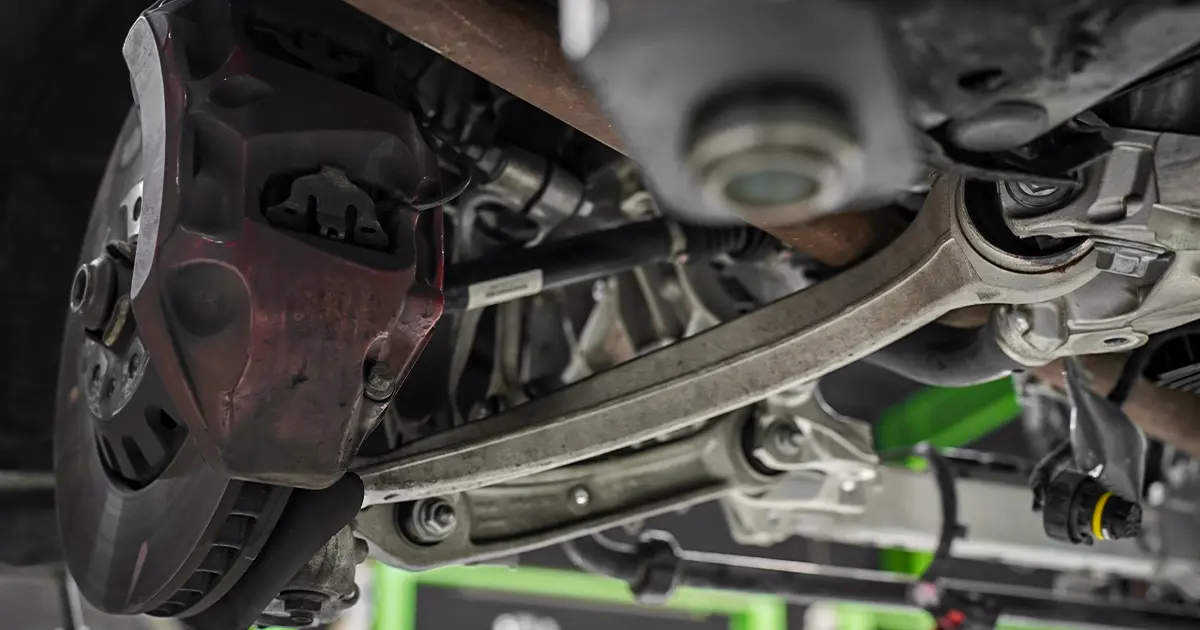
How Does an Oil Change Improve Vehicle Performance?

An oil change improves vehicle performance by reducing engine friction, enhancing fuel efficiency, and keeping the engine clean and cool for smoother operation. Oil change is one of the easiest but most effective methods of ensuring and enhancing the performance of your vehicle. New oil maintains your engine in good condition, lowers friction, avoids damage, and promotes fuel consumption. Regardless of whether you own a daily sedan or one of the high-performance luxury vehicles, clean oil is the key to the long life of your engine.
At Exotic Car Repair, we have witnessed that making a habit of changing the oil can improve the performance and feel of any car. So, how does this simple service give your engine and your overall driving long-term advantages? Let’s discuss.
What Does Engine Oil Actually Do?
Engine oil is the blood of your vehicle. It flows in the engine and completes a number of critical tasks:
Lubrication: Minimises the contact between the metals in the engine.
Cooling: Removes heat from moving components.
Housekeeping: Cleans up with dirt, debris, and sludge.
Protection: Coats parts to avoid rust and wear.
Old and dirty oil will do these jobs less efficiently. Regular Oil Change is therefore very important.
- Enhances Engine efficiency
Clean oil enables the engine parts to move easily and with fewer frictions. Your engine does not have to work as hard with less friction, which increases efficiency. Eventually, this results in a smoother acceleration, less noise, and fewer engine wear.
Regular Car Service causes your oil to be checked, topped up, or changed, as necessary.
- Increases Fuel Economy
The more efficiently your engine runs, the less fuel it will consume. Contaminated oil generates friction and makes your engine strain and burn more gasoline. When you keep your oil changed regularly, you will be able to get more mileage and fewer visits to the fuel pump.
This added advantage is particularly felt in urban driving or hot weather when engines are more likely to strain.
- Minimizes Engine wear and tear
The parts of an engine are rapidly moving, and they are exposed to high temperatures. New oil offers a clean and protective barrier that prevents the parts from grinding together. This minimizes wear and increases the life of the engine.
Failure to change oil can cause extensive repairs, such as Car Engine Repair, and this can be expensive. Preventive measures are always the best.
- Increases Engine Cooling
In addition to the radiator, oil also serves a massive role in cooling engine parts. Oil passes through the system, which removes heat from crucial components. Old oil is thicker and not very good at this job, a situation that can cause overheating.
In case your car has been overheating often, you should check the oil or have other checks like Electrical Repair or Suspension Repair in case other parts of the concerned systems are involved.
- Assists in keeping the Engine Clean
Engine oil traps small metal particles and dust, and carbon. With time, a mixture of this sludge may become thick and may choke the engine by blocking the oil passages. With consistent replacement of oil and oil filters, your engine will be clean and will run smooth.
- Saves the value of the Vehicle
Maintenance records are important whether you are going to retain your car or sell it in the future. A vehicle that has had normal oil changes tends to perform better, last longer, and get a better value in the resale. Also, it will generate buyer confidence in case you can demonstrate service history.
Too many owners also safeguard their investment further by taking out a Service Contract so that maintenance is always current.
- Aids in the Performance of All Systems
The oil change not only benefits the engine, but it also promotes the well-being of other systems in the car as well. As the engine performs better, the strain on other related systems, such as the Gearbox Repair or AC repair, also reduces. That is why even a minor maintenance service, such as an oil change, enhances complete vehicle performance.
How Often Should You Change Your Oil?
All cars should have their oil changed after 5,000 to 10,000 kilometers, depending on the make and model. But in the case of the high-performance car or the exotic cars, the oil changes may be required more often.
We use high-quality oil products, which meet your car’s requirements, and we adhere to the manufacturer’s recommendations at our Abu Dhabi exotic auto care workshop.
Signs You’re Overdue for an Oil Change
- Engine noise is louder than usual
- Dashboard oil light is on
- Exhaust smoke is darker
- Engine performance feels sluggish
- You can’t remember your last oil change
If you’re experiencing any of these symptoms, it’s time to schedule an oil change right away.
Conclusion
Oil changes are a minor investment with great paybacks. They can enhance performance, save fuel, prolong the life of your engine, as well as contribute to car cleanliness. Failure to perform an oil change may result in damage to the engine, expensive repairs, as well as low fuel efficiency.
We know the importance of fresh oil to the total health of your car at Exotic Car Service in Abu Dhabi. Your car is in good hands with professional technicians, high-end equipment, and high-quality oil brands.
Do not forget to change the oil in your car only when it displays some troubles, instead of putting it in a regular car care routine, and having a more comfortable driving experience every day.
Our Services
























